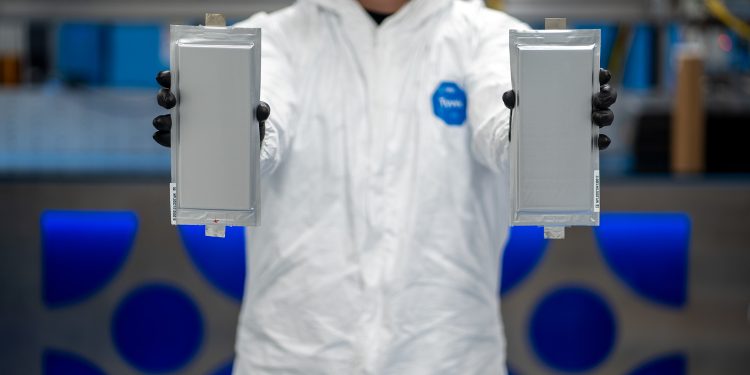BMW is also field testing solid-state battery tech
Words NZ Autocar | Images BMW
The BMW Group has fitted a BMW i7 with a solid-state battery as it charges ahead with testing of the next-generation technology.
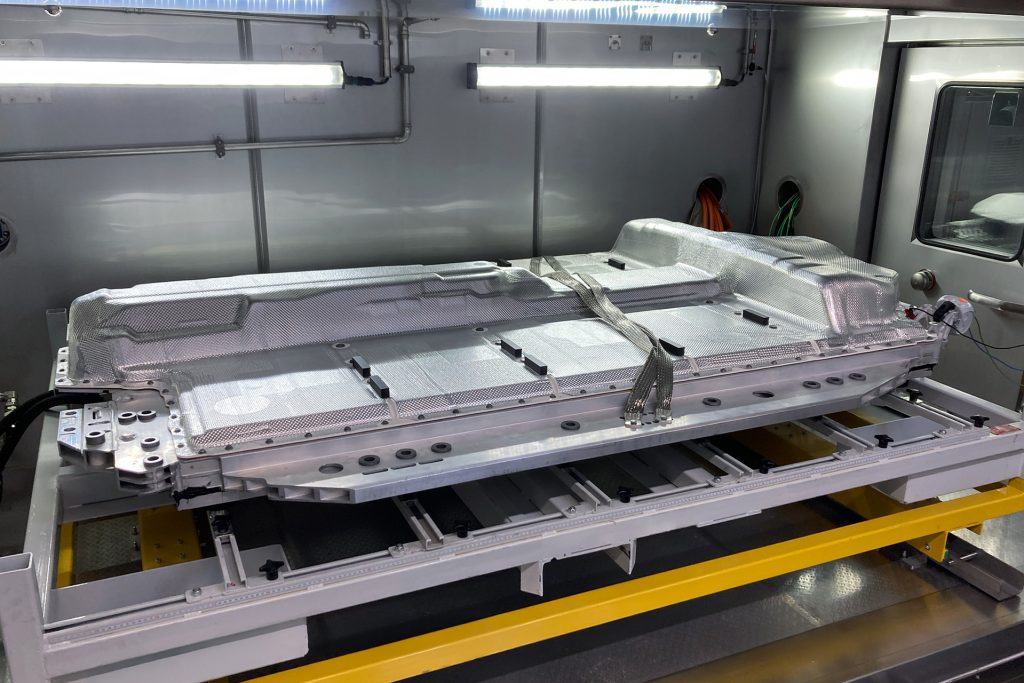
In unison with tech partner Solid Power, the so-called ASSB pack (all-solid-state battery) uses cells that yield a higher density. However, they are smaller and lighter than those in current lithium ion batteries used today. So more energy can be stored in smaller packs.
This prototype uses existing prismatic cells in modules, rather than the more advanced bolted-to-pack cylindrical cells.
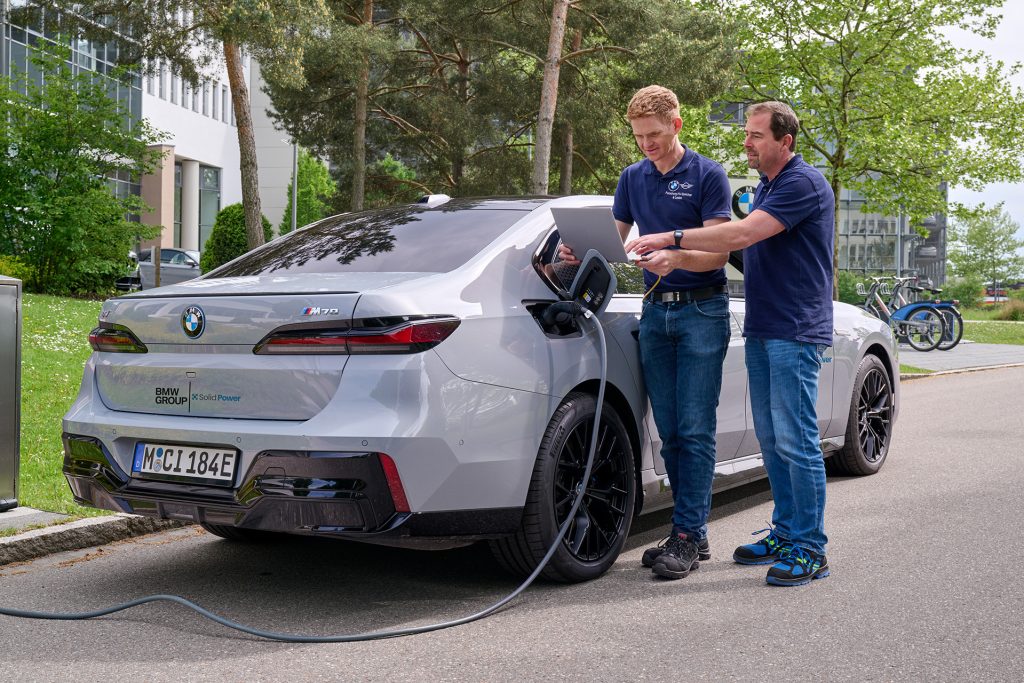
This suggests BMW could modify its current platforms to take the next-generation technologies. That means it could bring solid state batteries to market quicker than had previously been expected (2033).
Martin Schuster, BMW Group’s vice-president of next-generation battery tech, admitted that SS tech could be implemented right now. However, the group’s main focus was to continue the development of existing lithium-ion techology. He added there was still plenty of potential there.
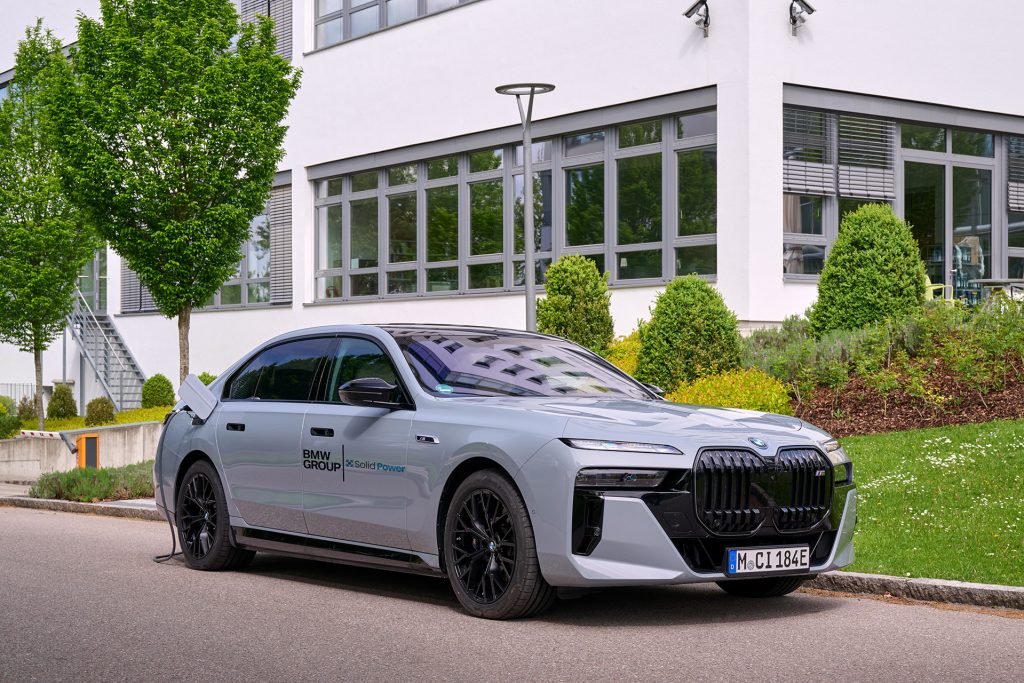
But the new test mule shows the group is hedging its bets. Schuster said BMW has a “technology-open mindset.”
He added “We are continuously advancing the development of new battery cell technologies.”
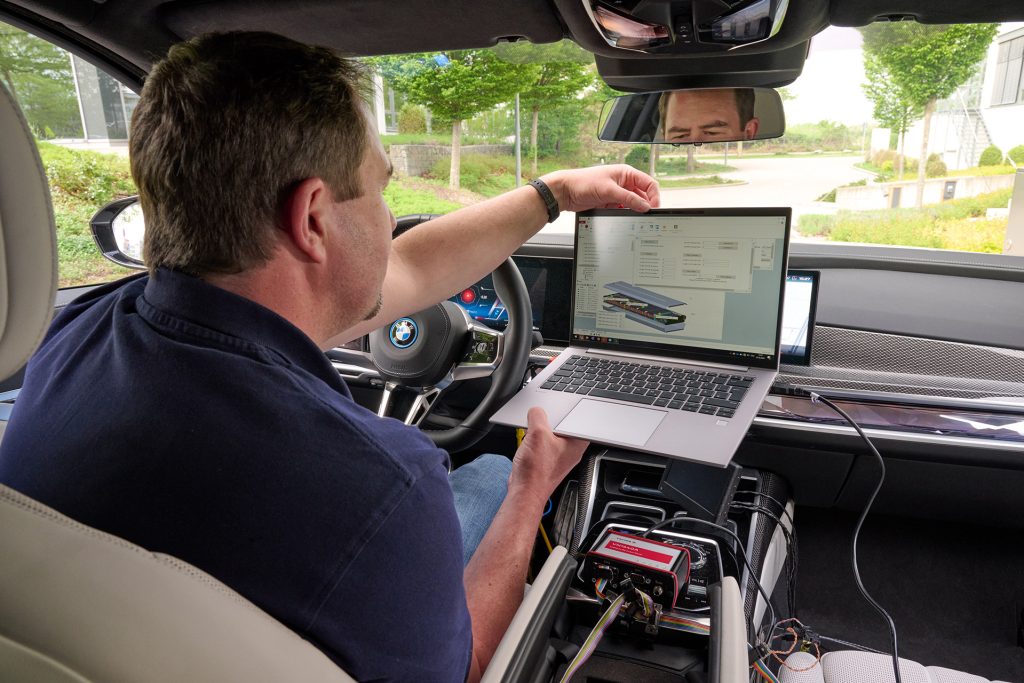
Solid-state batteries are considered the next big thing for EVs and important for their longevity. For they offer greater capacity and more range than similar-sized batteries used today. Without the need for external cooling, they are also lighter. And they are less susceptible to temperature variations. Critically, they charge more quickly.
Mercedes-Benz earlier this year claimed it was close to putting solid state battery technology into production.


